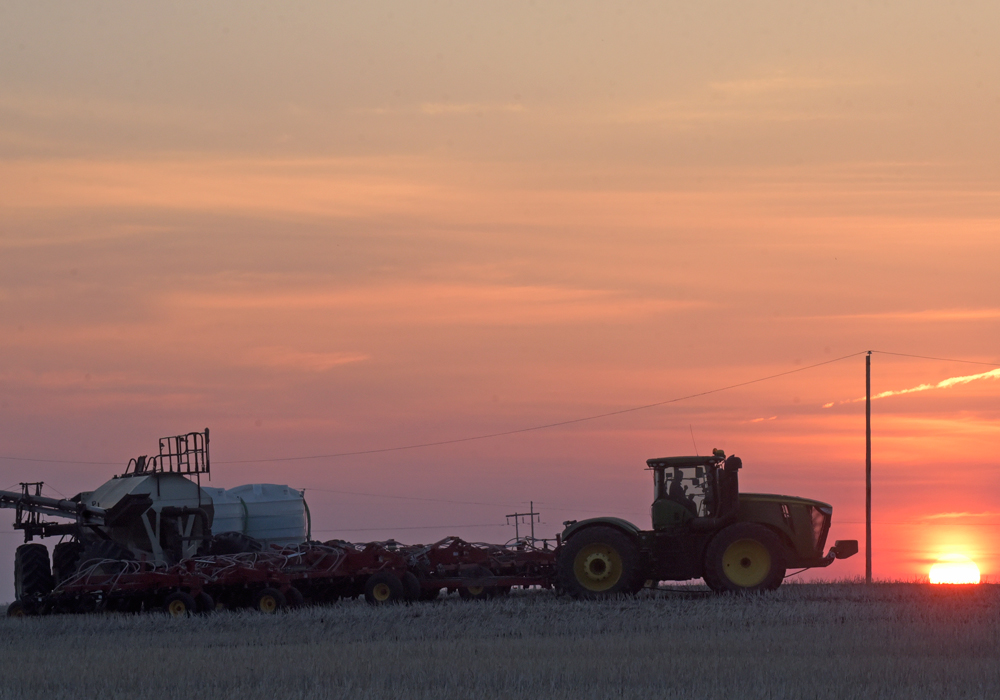LEXINGTON, Kentucky — Agriculture employers know hiring, training and retaining workers is an ongoing challenge.
Jobless rates are going down and that increases the staffing problem. Surveys from AgCareers show more than 70 percent of the sector struggles to find suitable staff.
AgCareers offers human resources services to the agriculture and food industries with offices in the United States, Canada and Australia.
The unemployment rate in the United States was 3.6 percent as of April 2019, the lowest jobless number since December 1969, said Mary Barefoot, director of human resources at AgCareers at the international Alltech conference held in Lexington, Ky,. from May 19-21.
Read Also

Selenium not deal breaker in coal mining: expert
Environmental scientist weighs in on coal mining debates in Western Canada, explaining selenium and the technologies and practices to lower its concentrations in nearby waterways to coal mining operations
There are more jobs than people looking for work so it is a job seeker’s market, she said.
Agriculture employers surveyed in Canada and the U.S. expressed several key concerns:
- 71 percent of employers compete for talent and have recruiting difficulties;
- 57 percent worry about employee training and development;
- 47 percent worry about compensation;
- 32 percent worry about generational differences in the workplace.
Employers want to hire, according to the survey, but reported several common problems:
- 63 percent of applicants do not have required skills;
- 60 percent experienced low number of applicants;
- 48 percent of applicants do not have required experience;
- 16 percent do not have required level of education;
- Seven percent cited other reasons.
“We have been doing this survey for 12 years now and we have never seen these numbers this high in all the categories,” Barefoot said.
More than half the companies plan to do more graduate recruitment in the next one to five years, an increase from 41 percent in 2017.
Many of those new recruits are of the so-called millennial age demographic of 23 to 38 years old.
“They come from a layoff culture,” Barefoot said.
They are also the largest group within the work force, outpacing baby boomers who are on their way to retirement.
Millennials have more student debt, lower earnings and fewer assets than any other generation before them. However, they are tech savvy, know social media, can be collaborative and enthusiastic, said Barefoot.
When they are looking for a job they want to know what is in the job for them now. Millennials want to know the boss is not just focused on profit. They want to work for someone who displays social responsibility, cultural diversity, mentorship, mobility and flexibility. Many are becoming first-time parents and they want a good work life balance, she said.
















